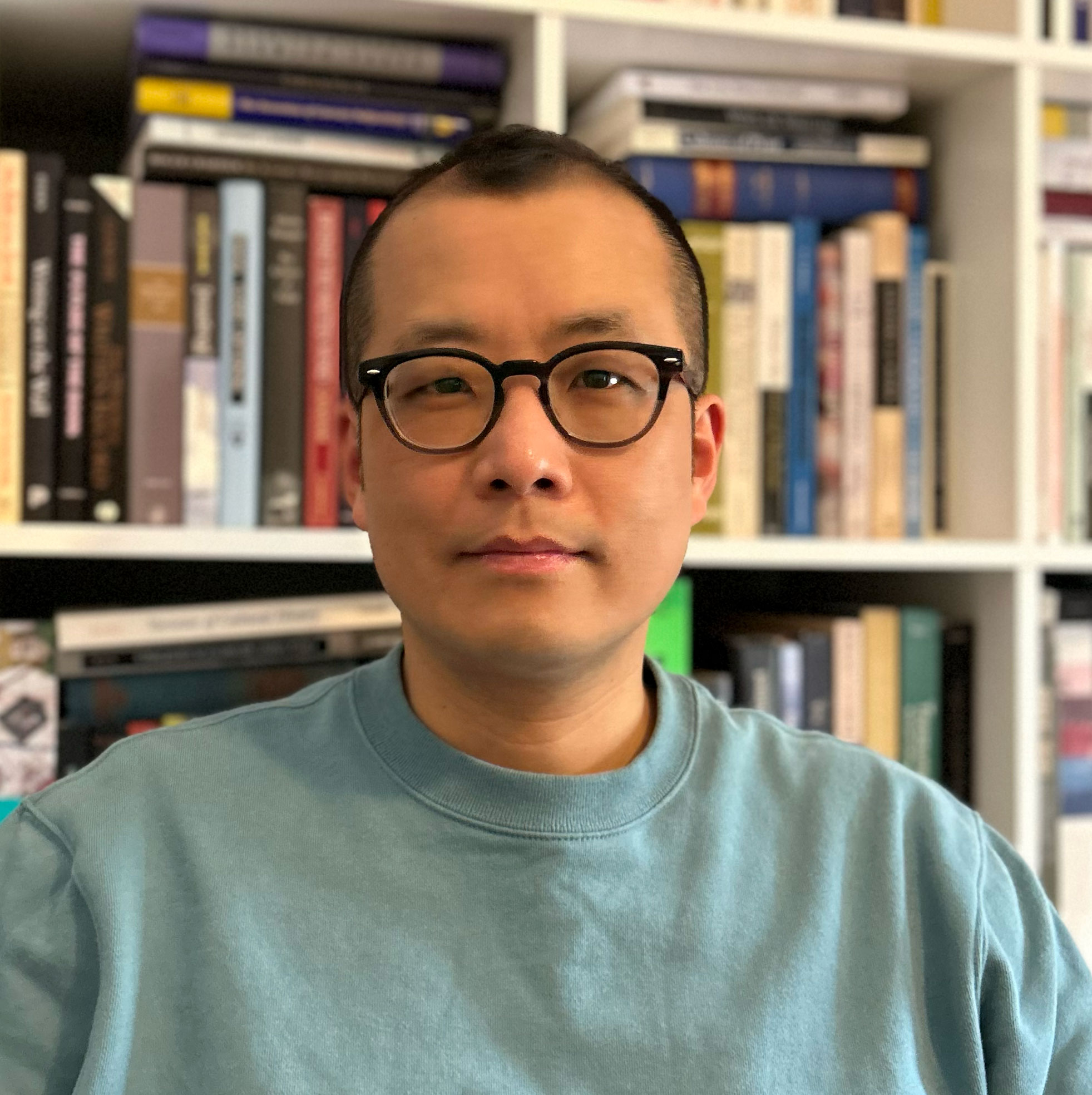Hwisang ChoAssociate Professor
Biography
Hwisang Cho specializes in the cultural, intellectual, and literary history of Korea, comparative textual media, and global written culture. He earned his B.A. in Chinese literature from Korea University (2001) and his Ph.D. in Korean history from Columbia University (2010). At Emory, Cho teaches courses on the history of Korea (both modern and premodern), early modern East Asia, textual media in premodern East Asia, and global epistolary culture. Cho is an affiliated faculty at the Department of History and a graduate faculty of the Laney Graduate School.
His first book, The Power of the Brush: Epistolary Practices in Chosŏn Korea, was published by the University of Washington Press in 2020. This book is a finalist for the history category of the 2024 ACLS Open Access Book Prize (ACLS), and received two honorable mentions for the 28th Annual Modern Language Association Prize for a First Book (MLA) and the 2022 James B. Palais Book Prize from the Association for Asian Studies (AAS). It was also shortlisted for the 2021 George A. and Jeanne S. DeLong Book History Book Prize from the Society for the History of Authorship, Reading and Publishing (SHARP).
His major work in progress is Irresistible Fabulation: Moral Imagination and Storytelling in Korean Confucian Tradition, a study of how the culture of storytelling about a historical personage and its manifestation in diverse material forms have influenced the formation and appropriation of self-identities of various communities in Korea from the late sixteenth century to the present. Unraveling the formation of Korean Confucian tradition as the emergence of a new kind of storytelling practices, this project aims to offer a revisionist intellectual history through methods derived from narratology, anthropological history, and such innovative theoretical angles as “critical fabulation” and “speculative fabulation.”
Cho’s other publications have appeared in the Journal of Social History (JSH), Journal of Korean Studies (JKS), the Papers of the Bibliographical Society of America (PBSA), the Journal of the American Oriental Society (JAOS), and the Journal of Asian Studies (JAS), among others. He has contributed chapters to the collections Routledge Companion to Korean Literature (Routledge), Information: A Historical Companion (Princeton), Cultures of Yusin: The 1970s in South Korea (Michigan), and Epistolary Korea: Letters in the Communicative Space of the Chosŏn 1392–1910 (Columbia).
Hwisang Cho is currently a senior fellow of the Andrew W. Mellon Society of Fellows in Critical Bibliography (SoFCB) and the East Asian section editor of the journal Textual Cultures. He is also an executive committee member of the Korean Literature Association (KLA) [2023–26]. During the academic year 2025-26, Cho will be working on his second book project as a faculty fellow at Emory’s Fox Center for Humanistic Inquiries.
